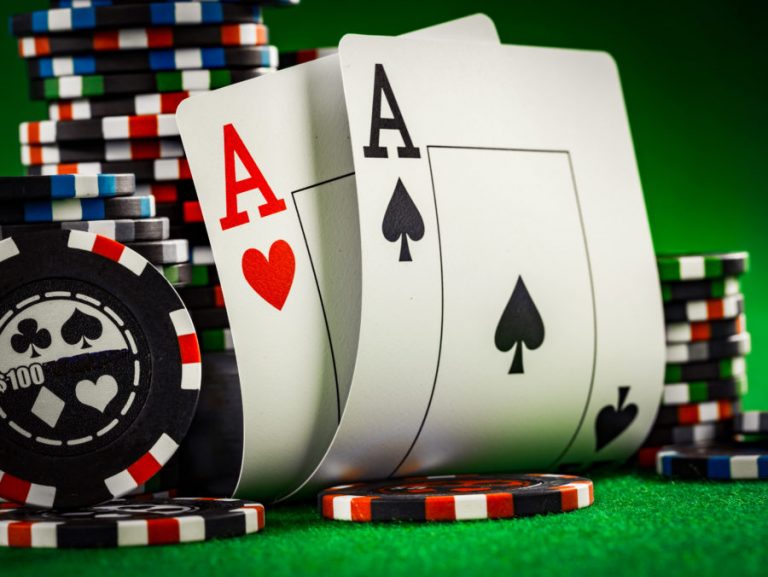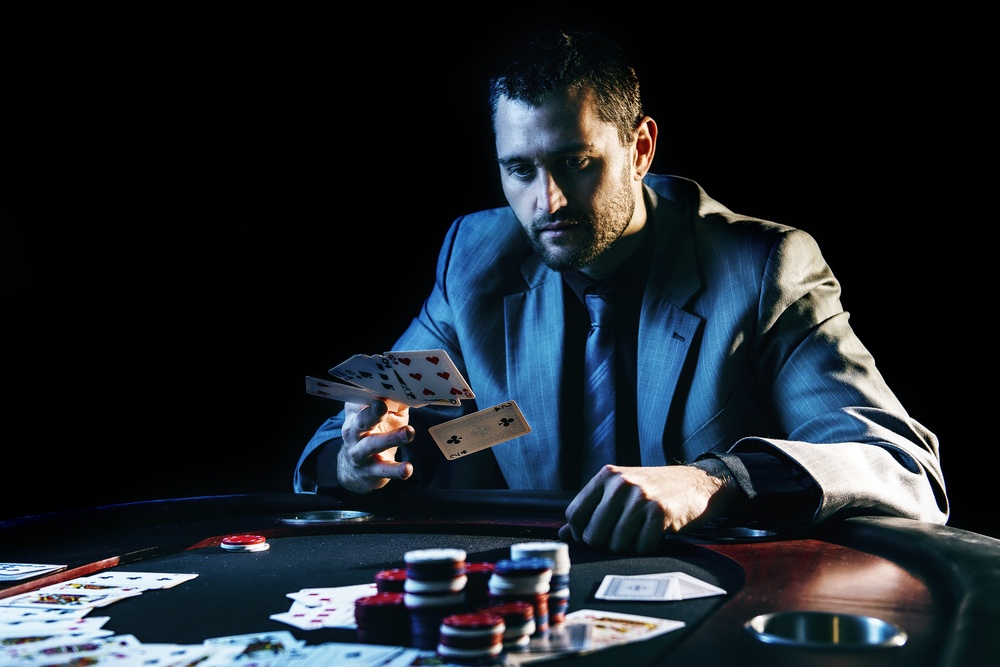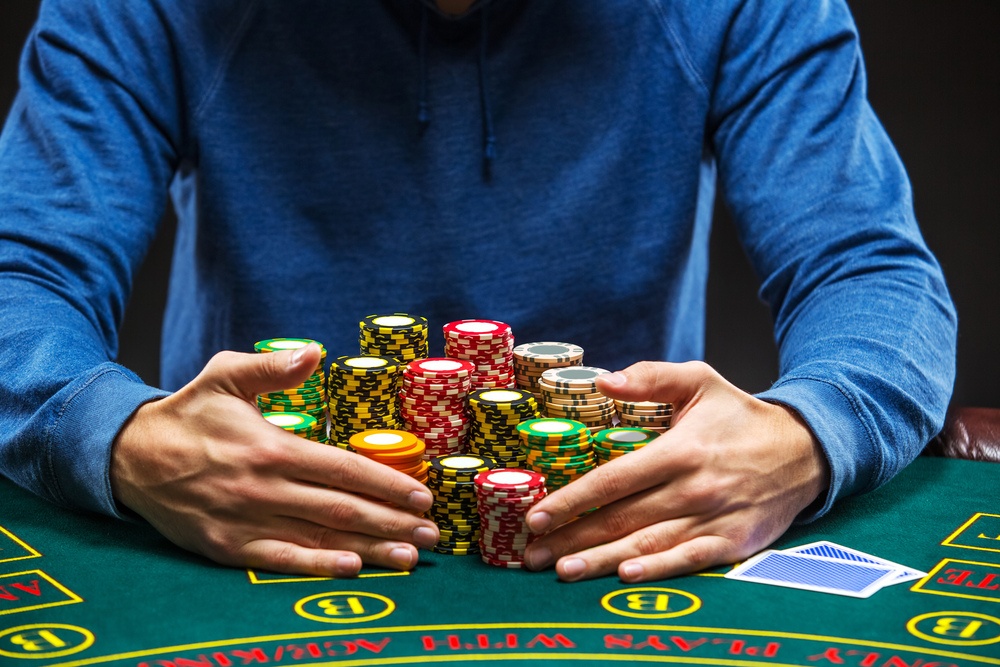The Mental Edge of Staying Calm
EK333|EK333.com| বাংলাদেশ গেমিং Managing pressure isn’t just about avoiding mistakes; it’s about unlocking a whole new level of performance. At first glance, it might seem like some players are just naturally calm under pressure. They sit quietly, barely flinch when the pot swells, and make crisp, confident decisions no matter what’s on the line.
But the truth is: staying calm isn’t a personality trait. It’s a skill, and like any skill, it can be practiced and improved.
When you learn to regulate your emotions, you gain an edge that goes far beyond cards and strategy. You make better reads because your thinking isn’t clouded by fear or frustration.
You avoid spewing chips because you’re not chasing losses or forcing action. You think more clearly, act more deliberately, and maintain the kind of steady presence that can throw opponents off balance.
Calmness gives you access to your full mental toolkit.
And in high-stakes moments where many players freeze up, panic, or tilt, you become the one who stays grounded. That doesn’t just help you win more chips. It also enables you to make peace with your decisions, no matter how the hand turns out.
EK333|EK333.com| বাংলাদেশ গেমিং Because staying calm isn’t about suppressing emotion. It’s about learning to feel pressure, without being ruled by it. And that’s the real edge.
Simple Techniques to Stay Grounded in the Heat of the Moment
EK333|EK333.com| বাংলাদেশ গেমিং The good news? You don’t have to eliminate pressure to play well. You just need to know how to manage it.
Here are five science-backed techniques you can use to stay composed, focused, and strategic when the stakes are high:
1. Regulate Your Breathing
EK333|EK333.com| বাংলাদেশ গেমিং When your nervous system gets activated, your breath becomes shallow and quick. That’s your body signaling it thinks you’re in danger.
Instead of trying to “calm down,” try this simple reset:
Breathe in for a slow count of 6 through your nose.
Hold for a count of 2.
Exhale slowly out of your mouth for a slow count of 7.
Repeat for 3–5 cycles. This style of breathing activates your parasympathetic nervous system—the part responsible for calming you down. Within a minute, your heart rate lowers, your mind clears, and you’re better prepared to make sound decisions.
2. Name the Emotion
EK333|EK333.com| বাংলাদেশ গেমিং One of the simplest and most effective ways for dealing with strong emotions is called labeling.
When you notice yourself feeling overwhelmed, silently name what’s happening:
“I’m noticing anxiety.”
“I’m feeling pressure to be perfect.”
“I’m afraid of making a mistake.”
Labeling works by creating a little distance between you and the emotion. Instead of being swept away by the feeling, you step into the role of observer, and that shift alone can help prevent reactive behavior.
3. Shift from Outcome Thinking to Process Thinking
EK333|EK333.com| বাংলাদেশ গেমিং Pressure often grows from a fixation on results: “If I win this hand, I double up. If I lose, I’m out.”
That kind of binary thinking fuels fear. Instead, redirect your focus: “What’s the best decision I can make with the information I have right now?”
By focusing on the process (making the best decision in the moment), you dampen performance anxiety and stay anchored in what you can control.

4. Use a Post-Hand Reset Routine
After a big hand, especially one that ends badly, it’s easy to carry emotional residue into the next few orbits. To prevent tilt from creeping in, build a simple reset ritual:
Take three slow breaths.
EK333|EK333.com| বাংলাদেশ গেমিং Sit back and check your posture.
Say a grounding phrase like, “Next hand, new decision.”
Even taking five seconds to intentionally reset can stop one mistake from snowballing into a session-ruining spiral.
5. Mentally Rehearse Pressure Situations
Before you sit down to play, take a minute to visualize yourself facing pressure and handling it well.
EK333|EK333.com| বাংলাদেশ গেমিং Picture it clearly:
You get 3-bet on the river.
You pause, take a steady breath, and think it through.
Or imagine losing a big pot, then calmly folding the next hand without a second thought.
Mental rehearsal builds familiarity, and the more often you mentally practice composure, the easier it is to access that calm state when real pressure hits.
These poker tools aren’t just for damage control; they’re performance enhancers. Each one helps you stay centered, focused, responsive, and aligned with your best decision-making self even when the pressure is at its highest.
Learning to Stay Calm Is Part of Becoming a Great Player
EK333|EK333.com| বাংলাদেশ গেমিং Using tools in the moment is powerful, but building long-term resilience is what truly transforms your game. Just like learning when to value bet thin, or how to defend your big blind, staying calm under pressure is a skill you build with intention and practice.
You don’t have to be fearless or emotionless. It’s about training your ability to respond instead of react.
Think of composure as a mental muscle. At first, it might feel shaky. You’ll catch yourself going on autopilot, reacting too quickly, or tilting after a tough spot. That’s completely normal.
But the more you notice those moments and apply the tools I’ve covered, the more resilient you become.
And that resilience shows up in significant ways:
You recover faster from losses.
You stop spiraling after mistakes.
You feel more confident in big pots or all-in situations.
Most importantly, you start trusting yourself. Trusting that you can stay clear-headed and purposeful, no matter the stakes.
Every calm decision is a deposit into your long-term success. And over time, those decisions compound.

Mastering High Stakes Poker
EK333|EK333.com| বাংলাদেশ গেমিং Poker will always involve pressure. It’s part of what makes the game both so compelling and so challenging. But pressure doesn’t have to control you.
When you understand what’s happening in your mind and body, and have tools to navigate it, you give yourself a major edge.
EK333|EK333.com| বাংলাদেশ গেমিং You don’t have to be fearless or completely stoic. You just need to stay aware, stay intentional, and commit to making the next best decision. And you can be sure that the ability to stay calm under fire isn’t only reserved for elite players. It’s a skill every player can develop with practice.
The more you train under pressure, the more confident, grounded, and resilient you’ll become.
So the next time your heart races and the pot swells, pause. Take a steady breath. Name what you’re feeling, and come back to your process.


Hi, this is a comment.
To get started with moderating, editing, and deleting comments, please visit the Comments screen in the dashboard.
Commenter avatars come from Gravatar.